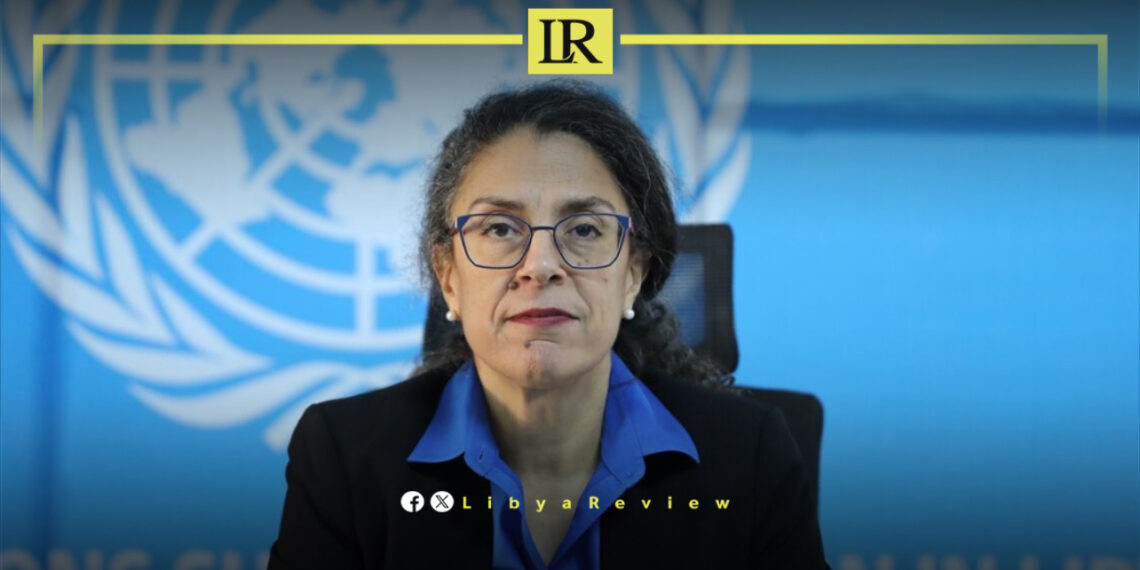UN Acting Envoy to Libya, Stephanie Khoury, has called for increased international backing for a Libyan-led political process aimed at breaking the country’s protracted political stalemate. Speaking during a consultative meeting in London, Khoury emphasized the need for sustainable solutions to place Libya on a path toward security, stability, and long-term development.
The three-day conference, organized by the United Kingdom’s Foreign, Commonwealth & Development Office, brought together key international players, including representatives from the United States, France, Italy, Germany, Egypt, Turkey, Qatar, and the United Arab Emirates.
Delegates from the European Union and the United Nations also participated. Notably absent from the discussions was Libya itself—a decision criticized by some observers who stressed the importance of including Libyan voices in shaping the country’s future.
Libya remains deeply divided, with rival administrations vying for control. The Government of National Unity (GNU) in Tripoli, led by Abdul Hamid Dbaiba, Meanwhile, a parallel government supported by the eastern-based House of Representatives continues to operate independently.
These divisions have stalled progress toward national elections initially scheduled for December 2021, leaving the country in prolonged political limbo.
At the London meeting, Khoury reiterated the UN’s commitment to facilitating a Libyan-owned process, stressing the importance of international unity in supporting the country’s aspirations for peace and self-determination. International efforts are centered on establishing a unified government as a prerequisite for resolving critical issues such as the equitable distribution of oil revenues, militia disarmament, and economic reform.
Libya’s challenges extend beyond its political crisis. Years of instability have eroded public services, weakened institutions, and allowed militias to dominate large swaths of territory. The situation has left millions of Libyans grappling with poverty, insecurity, and an uncertain future.
The London conference highlighted the international community’s determination to address these issues, with delegates expressing renewed commitment to breaking Libya’s deadlock. While the absence of Libyan representatives raised questions about inclusivity, the meeting underscored the urgency of global cooperation to support Libya’s transition to stability.


